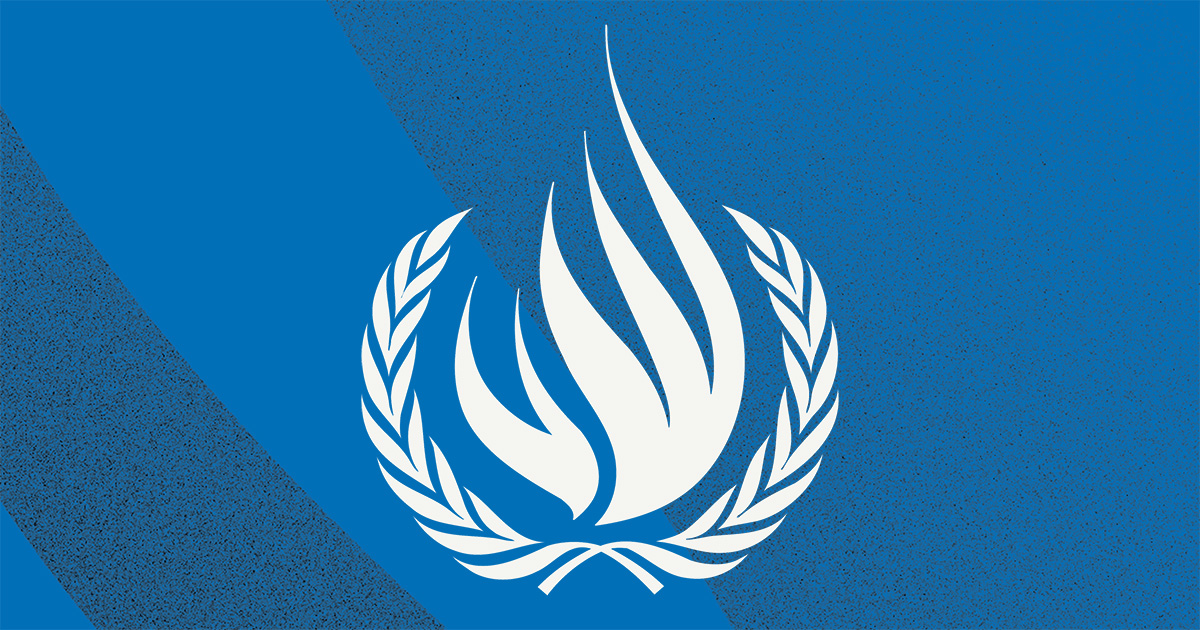
Initially one is pressed to find a single item of merit in the new Nation-State Law, which rubber stamps the descent of Israel toward a Jewish ethno-religious society. It leaves the country a democracy in name, but hardly in practice. Add to this the constant attacks by forces within and outside the government on the country’s democratic institutions, especially on the Supreme Court, and this downward spiral becomes all too obvious.
Yet the Nation-State Law has one distinctly positive value that deserves recognition; it ends the 70-year masquerade of Israel being a fully fledged democracy in which all its citizens are equal in the eyes of the law. The provisions of this new law will surprise only the naïve or unaware. It states overtly what has been clear for a long time — that Israel’s Jewish majority has rights and privileges not enjoyed by the Arab minority who comprise one fifth of its population. The new law, which as a Basic Law has constitutional powers, has confirmed the Arab citizens of the Jewish state as second-class citizens.
Israel seems to be on a mission to drain its democratic character and institutions of any substance. Throughout its history it has suffered from a democratic deficit. The Palestinians who remained after 750,000 of them were either driven from their homes or forced out by the horrors of the 1948 war had to live under a military government for another 18 years. Their legal status and living conditions might have improved since then, but equality in the eyes of the law, or in the eyes of the Jewish majority, has never materialized.
Those who advocated the new law, which states that “the right to exercise national self-determination” in Israel is “unique to the Jewish people,” have confirmed not only the brutishness of their need to demonstrate the superiority of the country’s majority over its minorities, but also their sense of insecurity. Why have the representatives of the Jewish majority, which possesses all the means of power, found it necessary to produce a law that insults, upsets and undermines a minority that includes many of the country’s poorest? It is an abuse of that power, and the new law is an overcompensation for generations of insecurity that they can now hide behind. How does relegating Arabic, the language of all Israeli Arabs, from an official language to one with “special status” enhance the Jewish character of the country? Nearly everybody, Palestinians living in Israel included, speaks Hebrew, and recognizing Arabic as an official language was one of the few gestures of the Jewish controlled state to those who had lived there for generations before the revival of Jewish nationalism. Demoting its status adds insult to injury and will only further alienate Israel’s Palestinians. It is not only immoral, but may also have grave consequences for relations between the latter and the rest of the society.
The Nation-State Law has one distinctly positive value that deserves recognition; it ends the 70-year masquerade of Israel being a fully fledged democracy in which all its citizens are equal in the eyes of the law.
Yossi Mekelberg
As if this is were not enough, the somewhat hidden, though most repulsive, racist, provocative, infuriating and damaging aspect of this wretched law is the passage that declares “Jewish settlement as a national value” and calls on the state “to encourage and promote its establishment and consolidation.” This allows any Jewish community, urban or rural, to exclude anyone who is not Jewish from buying property or even living there. It legitimizes and legalizes one of the most abhorrent aspect of the mistreatment of Arab minorities in Israel — complete segregation. It allows any community to prevent any Arab from living among them. And those who support this legislation now declare their surprise that the situation in Israel is now increasingly being equated with apartheid!
Moreover, this part of the new law deliberately neglects to mention the West Bank settlements, and for this was criticized by settlers there who are becoming even greedier in their demands. The omission deceives no one, and those who promoted the law were quick to reassure such critics that since they regard the West Bank as part of Israel, it is included by default. This is certain to upset the international community, which has often condemned Jewish settlements in the occupied West Bank as a violation of international law. These settlements, a major and a deliberate hindrance to any future peace agreement, have mushroomed regardless of the new legislation. Elevating the law to what comes closest to a constitution in Israel is both an expression of utter contempt for the international community, and a demonstration of a complete lack of awareness of how this constant erosion of liberal values and entrenchment of the occupation is driving Israel slowly but surely toward isolation.
In Israel today, the mask of a tolerant society that treats everyone equally has finally been removed. But this dark cloud may have a silver lining. There is now a clear demarcation between right and wrong; just and unjust; enlightened and bigoted; democratic and undemocratic. There is no more ambiguity or vagueness about the direction in which the current government is taking the country: entrenching the occupation of the West Bank, tightening the blockade in Gaza, and marginalizing and discriminating against Palestinian Israelis living within Israel proper. Every Israeli now has a clear choice regarding what side of the argument they are on, and what they are prepared to do about it. There is no hiding place any longer for those who believe in the values of the Declaration of Independence and in equality for all, and there is no time for apathy. It might be the last wake-up call for all who believe in the rights of everyone to live freely and equally, before Israel is finally transformed into a messianic, ultranationalist state. And that will be a dark day indeed.
Yossi Mekelberg is professor of international relations at Regent’s University London, where he is head of the International Relations and Social Sciences Program. He is also an associate fellow of the MENA Program at Chatham House. He is a regular contributor to the international written and electronic media. Twitter: @YMekelberg
Disclaimer: Views expressed by writers in this section are their own and do not necessarily reflect Arab News" point-of-view












